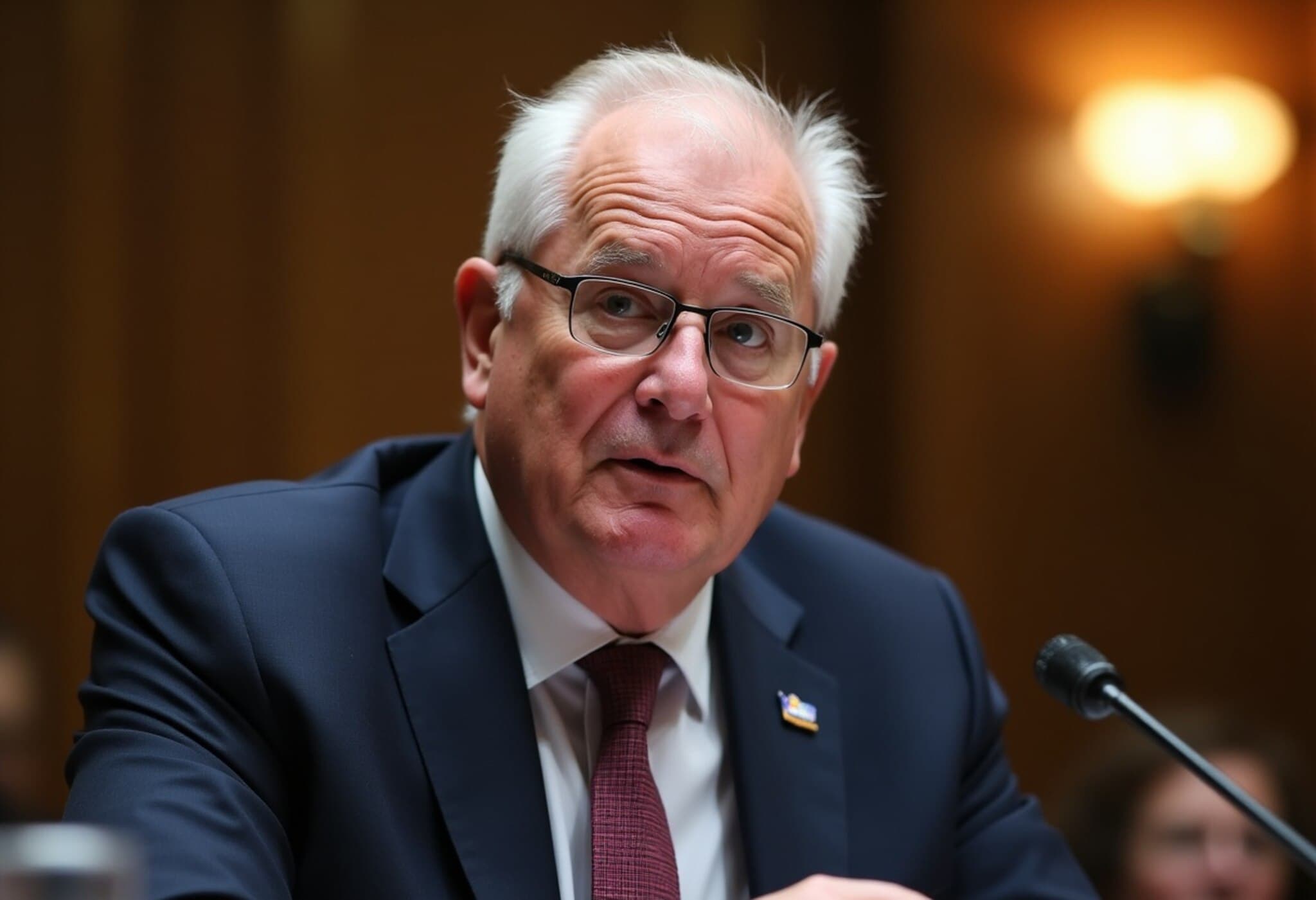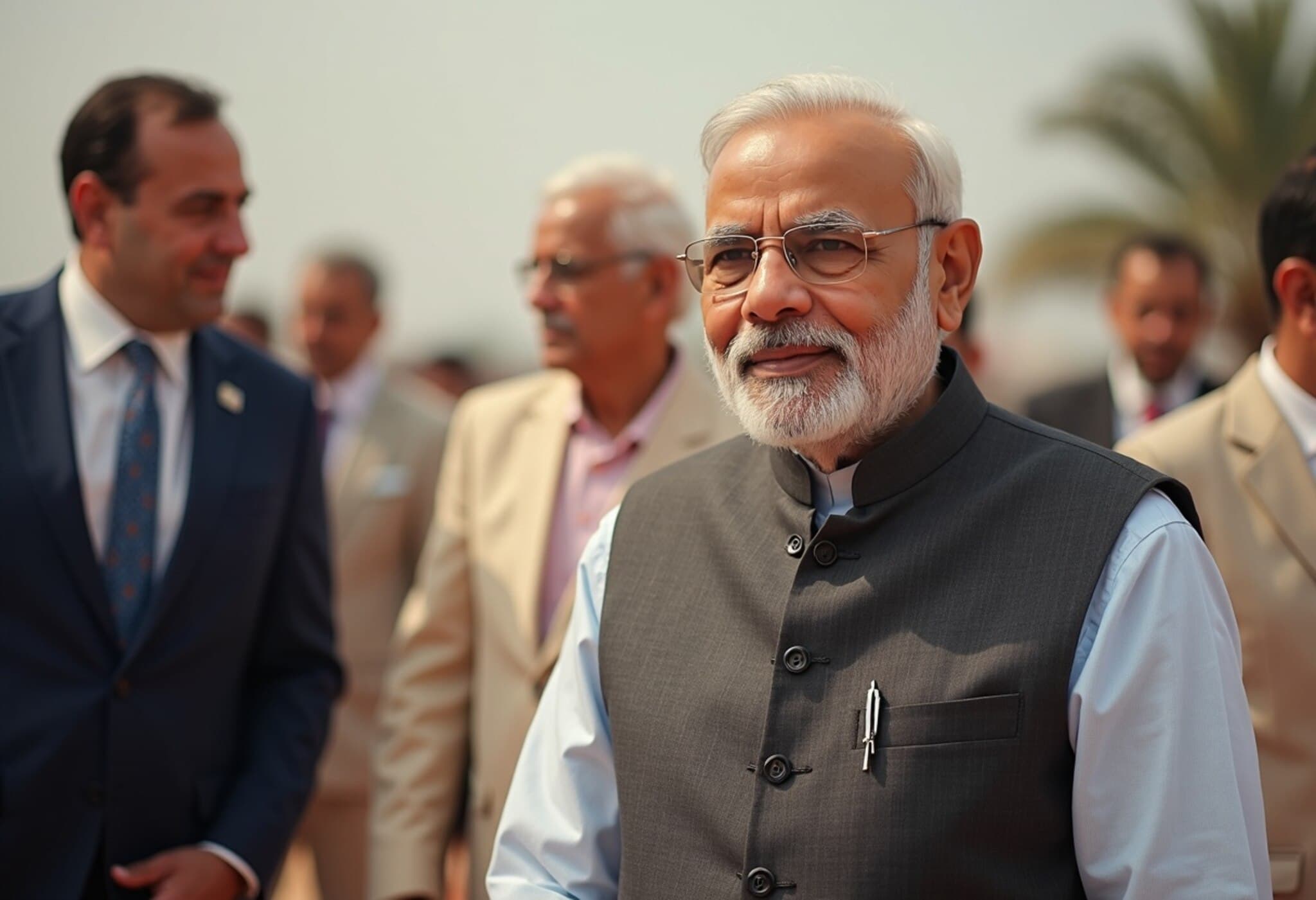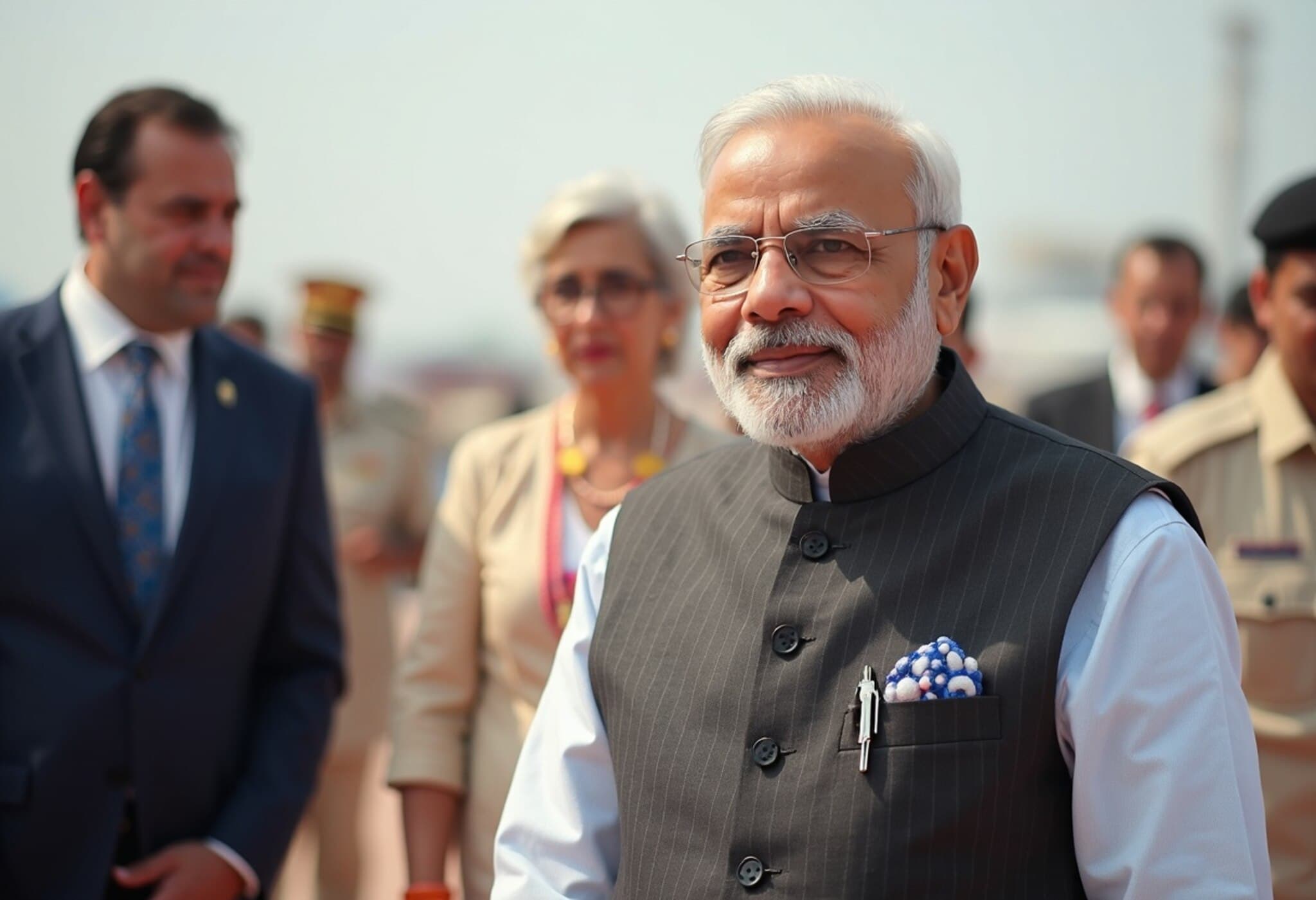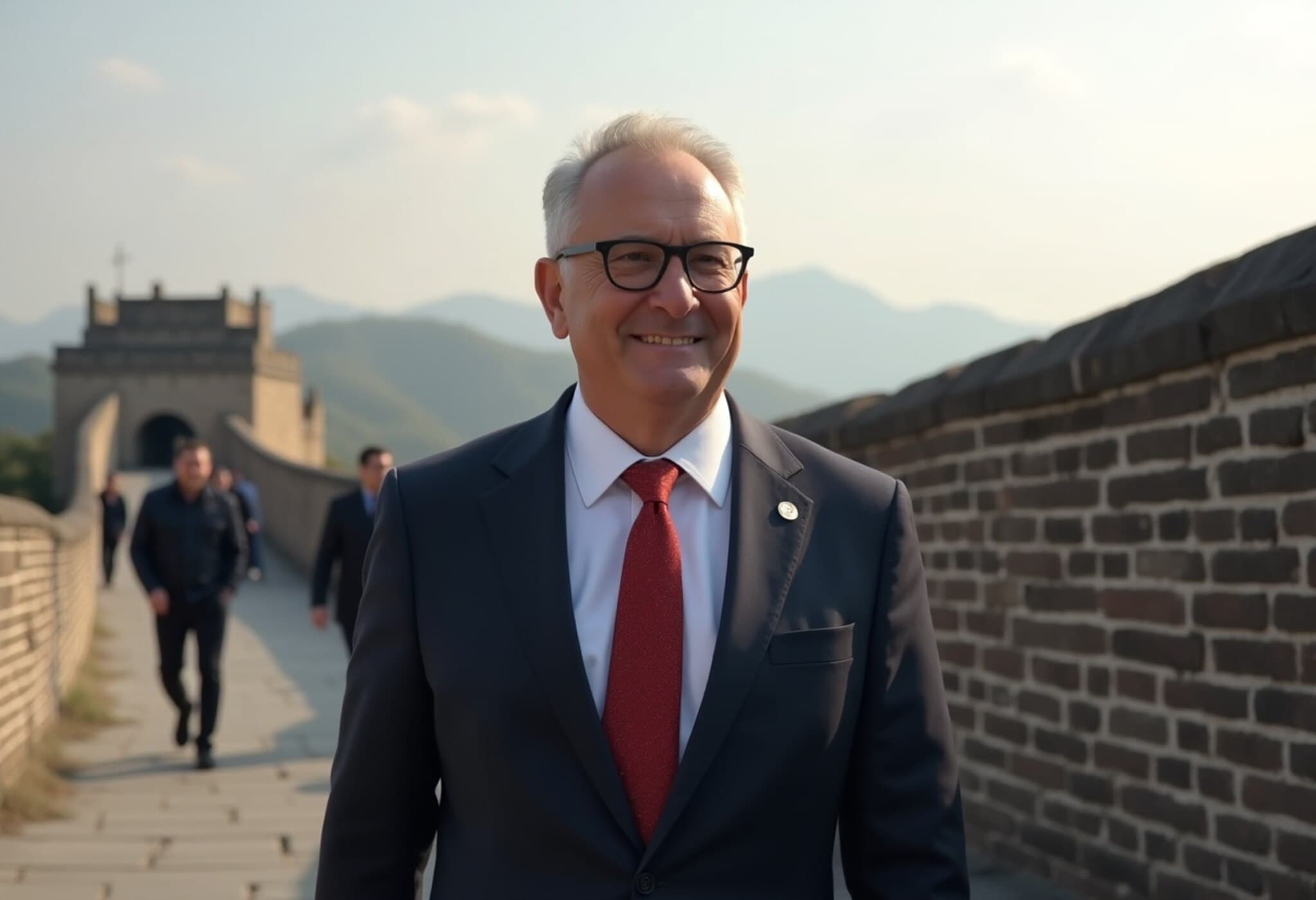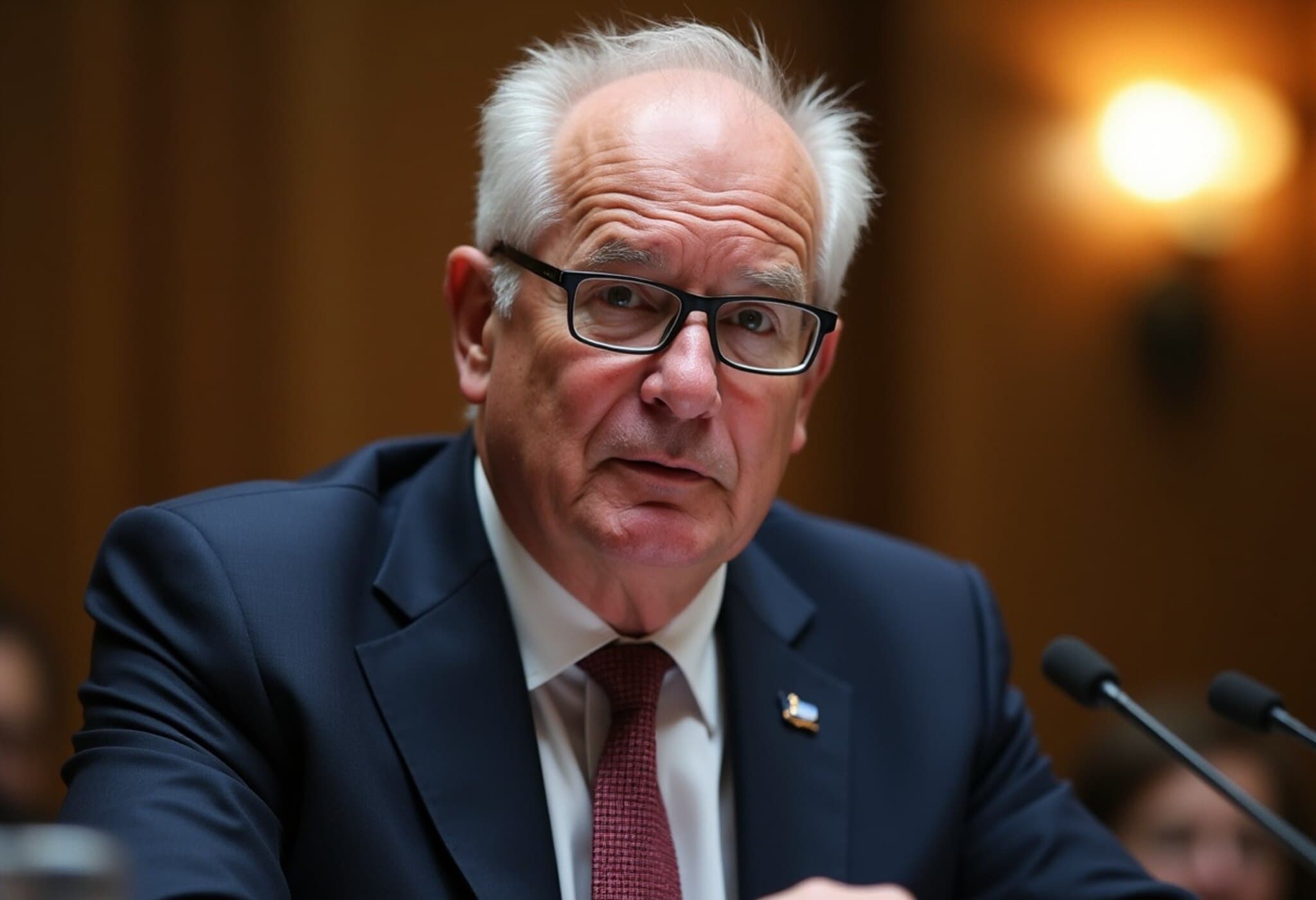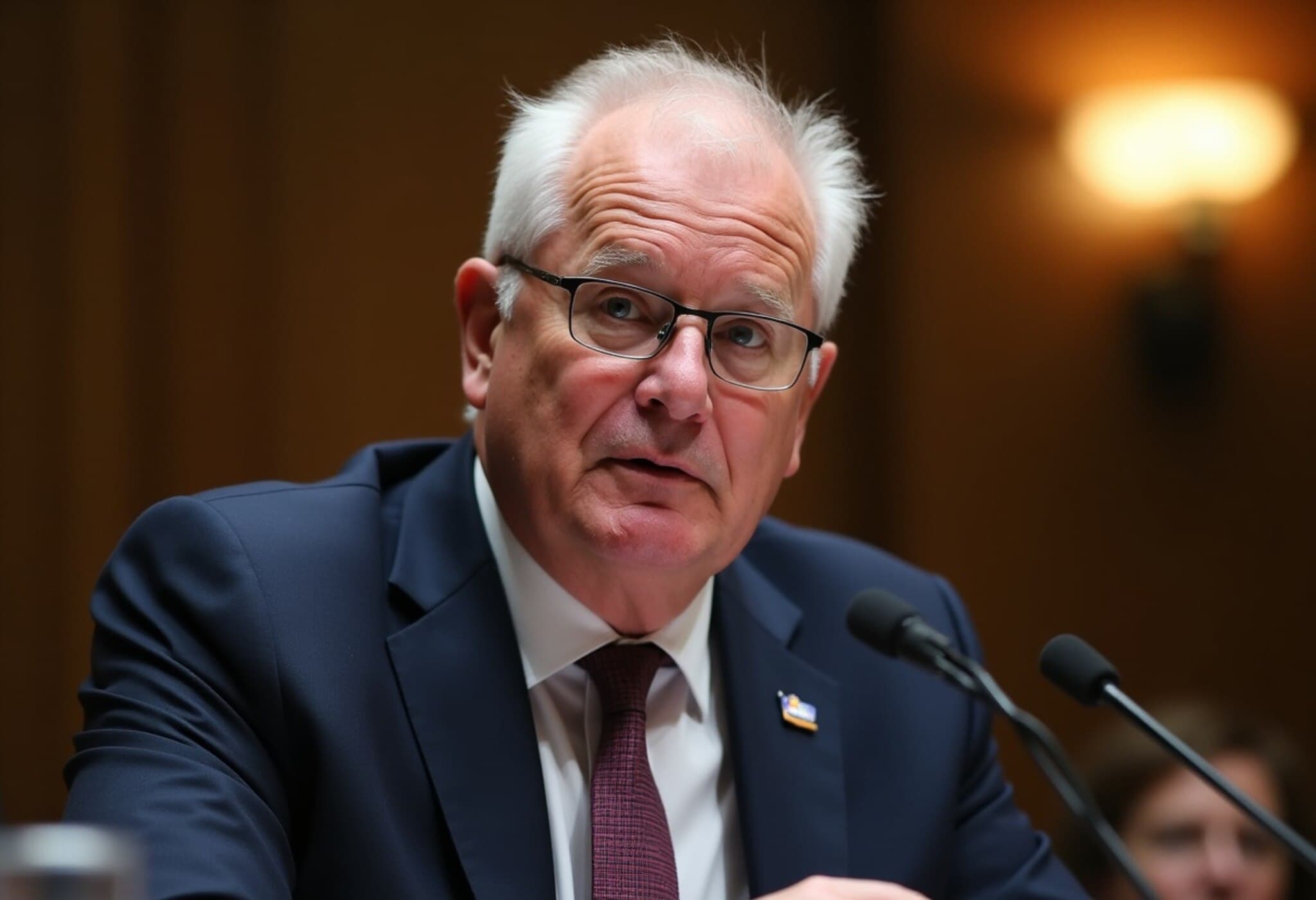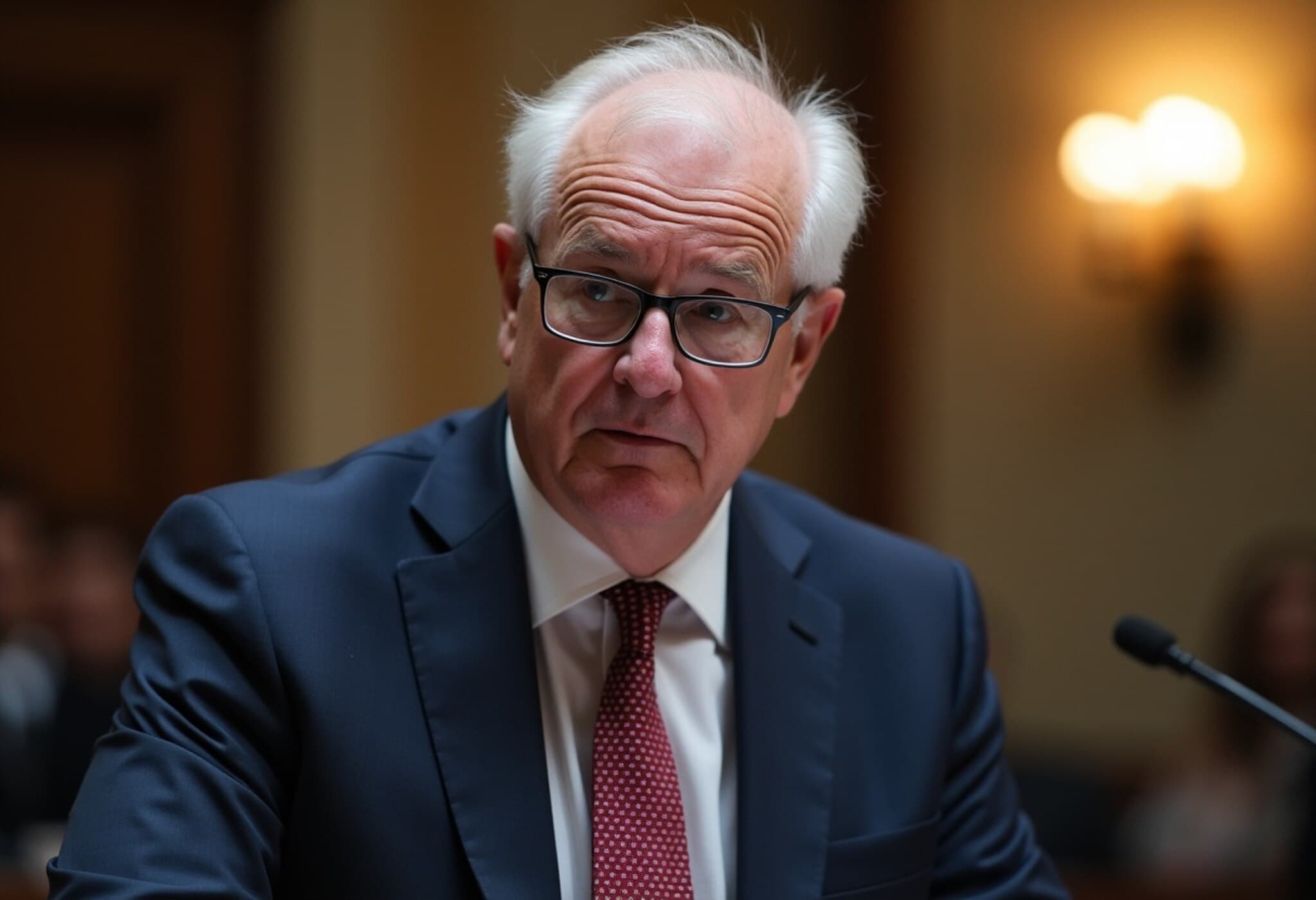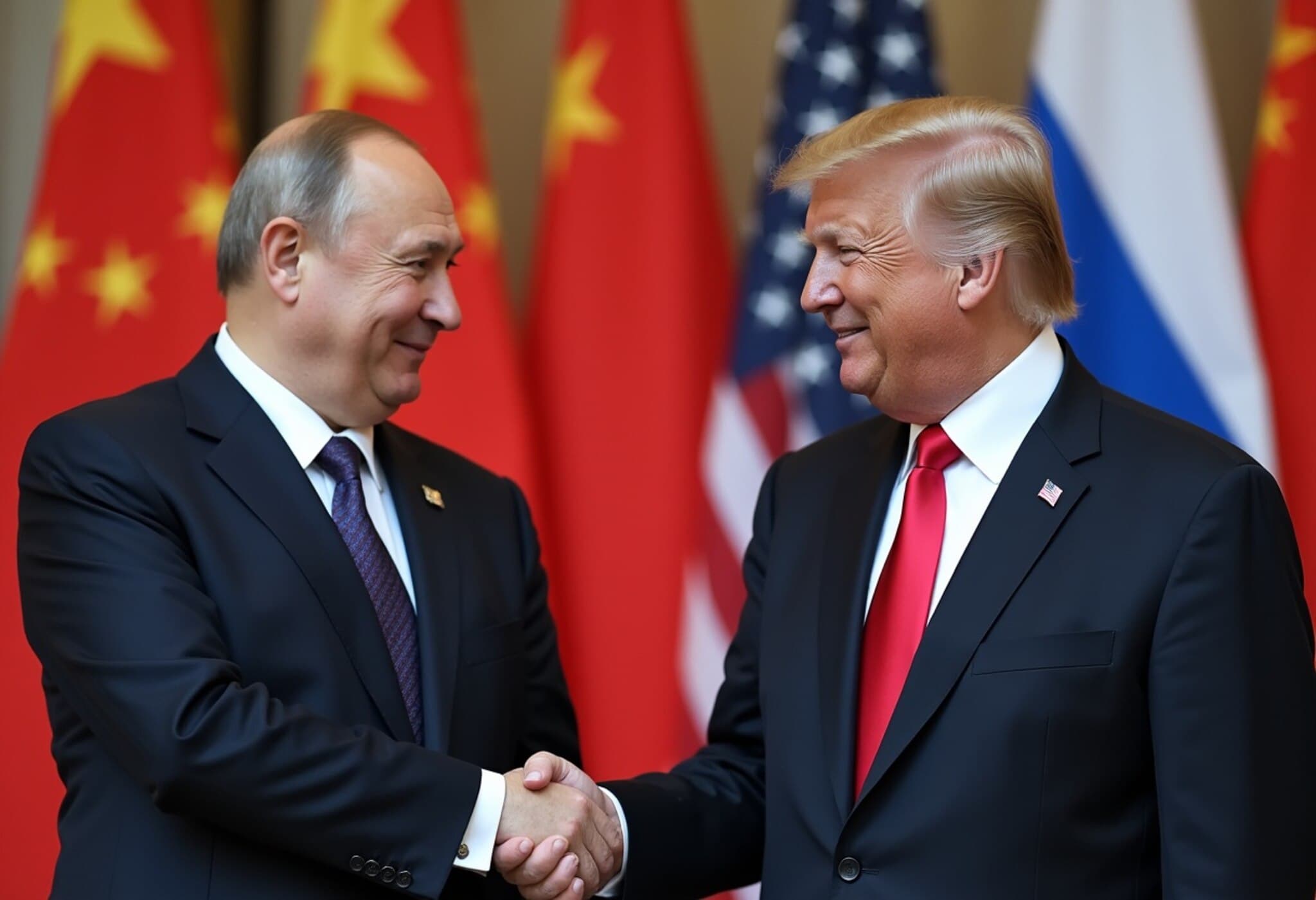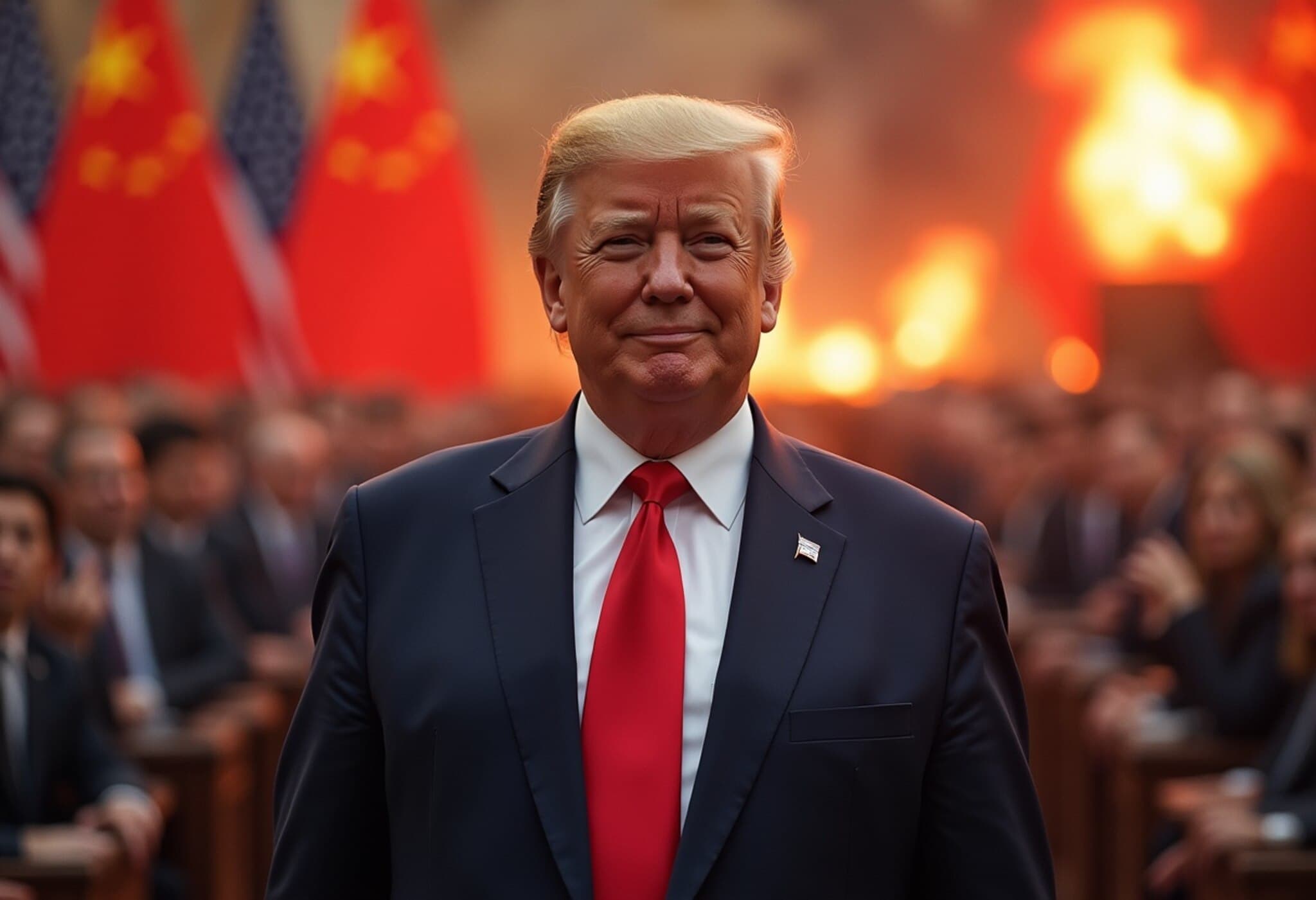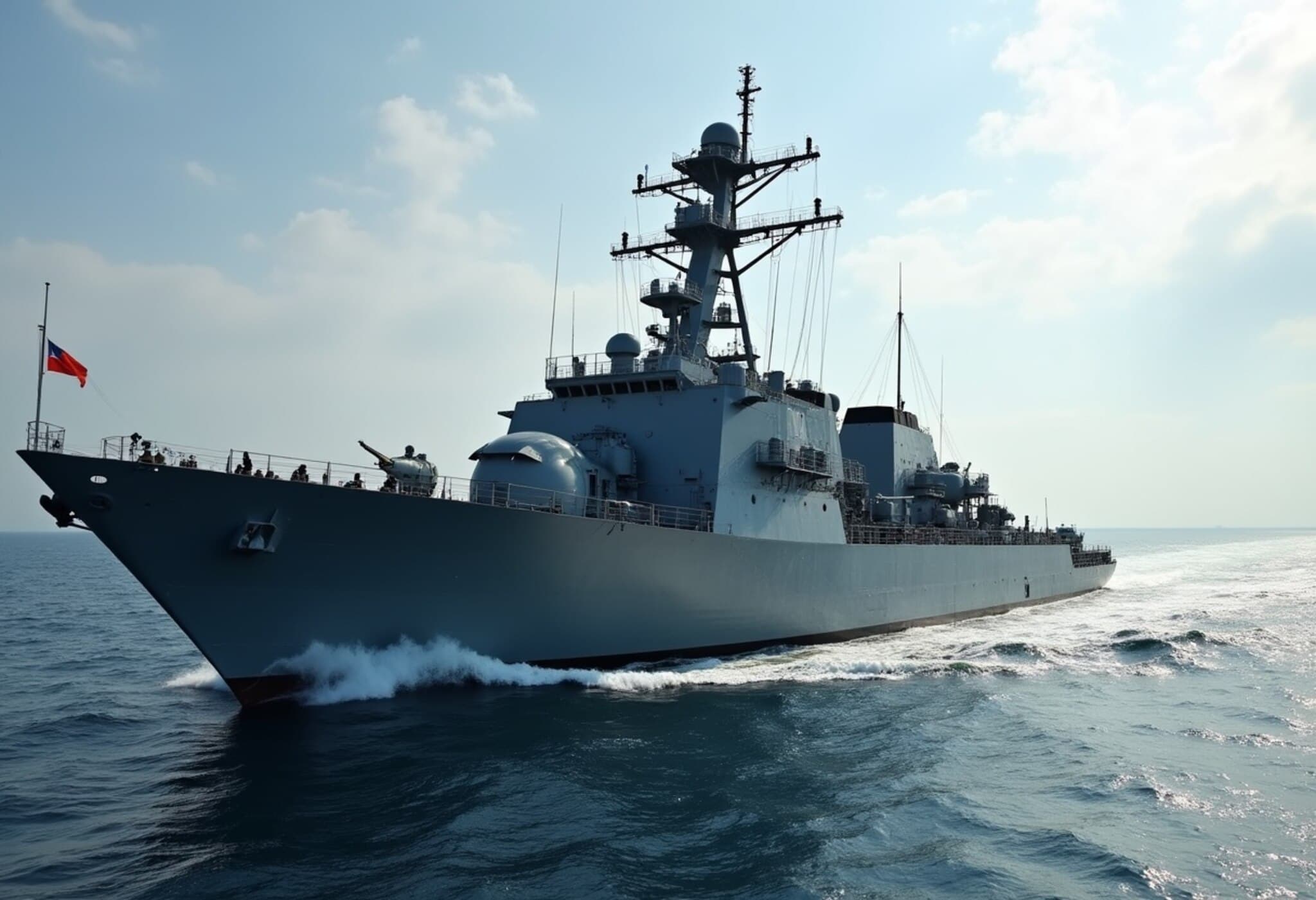Scott Morrison’s Rare Testimony at US Congressional Inquiry
In a notable departure from his usual political engagements, former Australian Prime Minister Scott Morrison appeared before a US congressional inquiry, delivering a stark warning about the economic sacrifices required in the ongoing strategic competition with China. His testimony, a rare public intervention on the international stage since leaving office, underscored the complex balance nations must strike between economic interests and geopolitical security.
Warning to America and Its Allies
Morrison urged the United States and its allied partners to prepare for economic hardships that could arise from confronting Beijing’s growing influence. Highlighting that the challenge against China extends beyond military posturing, he emphasized the need for a collective resilience against potential economic retaliation—such as trade restrictions, supply chain disruptions, and market volatility.
"Standing up to China will entail real economic pain," Morrison cautioned. "But the cost of inaction, in terms of regional security and the preservation of a rules-based international order, could be far greater."
Contextualizing Morrison’s Message
This testimony comes amid intensifying strategic rivalry in the Indo-Pacific region, with China’s assertive policies raising alarms in Washington and Canberra alike. Morrison’s perspective is especially insightful given Australia’s frontline experience with Beijing’s economic leverage, including past episodes of coercive trade measures and diplomatic pressure.
His remarks resonate deeply with policymakers across the US and allied nations who are grappling with how to maintain economic ties with China without compromising security imperatives.
Economic Pain: What Does It Mean?
Morrison’s call to brace for economic pain could translate into:
- Short-term disruptions: Increased tariffs and sanctions that might raise costs for businesses and consumers.
- Supply chain realignment: Diversifying away from Chinese manufacturing hubs, which could lead to higher production expenses.
- Investment caution: Greater scrutiny of foreign investments to safeguard critical infrastructure and technologies.
These measures, while challenging, aim to balance economic interests with safeguarding national security.
Expert Analysis: Navigating a Freer Yet Riskier Economic Order
From a policy analyst perspective, Morrison’s testimony highlights a fundamental dilemma facing liberal democracies: how to sustain open economic systems while managing strategic competition with China. The US Congress inquiry where Morrison spoke reflects growing bipartisan consensus in Washington on this issue.
Moreover, Australia’s frontline experience provides valuable lessons. Morrison’s tenure saw heightened tensions with Beijing after Australia called for investigations into the origins of COVID-19, resulting in punitive Chinese economic measures. This background informs his call for preparedness and strategic patience.
Underreported Insights
What often goes unnoticed is the human dimension of such geopolitical shifts. Economic pain does not just mean numbers on balance sheets—it translates into job losses, sectoral upheavals, and shifts in global labor markets. Policymakers must therefore couple strategic resilience with social safety nets and workforce retraining programs to mitigate domestic fallout.
Looking Ahead: The Stakes for the Indo-Pacific
The region’s stability hinges on how democracies respond to China’s rise. Morrison’s testimony to US lawmakers serves as a candid reminder that while the path may be fraught with difficulties, standing firm is essential for preserving democratic values and international norms.
Editor’s Note
Scott Morrison’s appeal to brace for economic sacrifices in the strategic contest with China marks a significant pivot in the conversation about geopolitical risk and economic interdependence. For American and allied audiences, it raises pressing questions: How prepared are our economies for sustained pressure? What policies can soften the impact on everyday citizens? And how do we ensure that standing firm does not fracture global collaboration? These are vital considerations as the international community navigates an increasingly complex and consequential rivalry.

